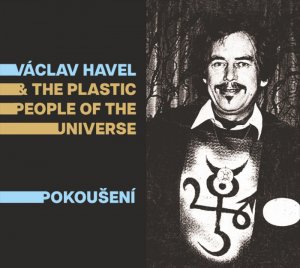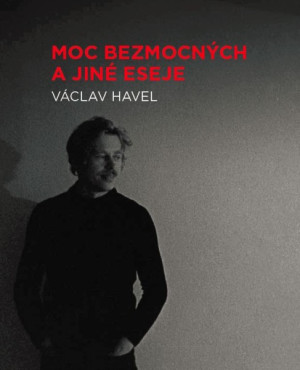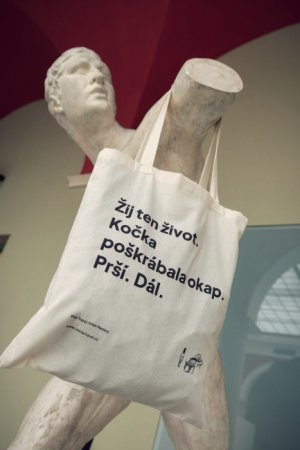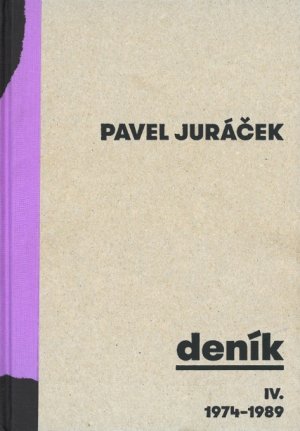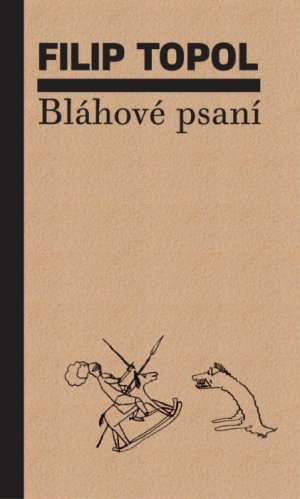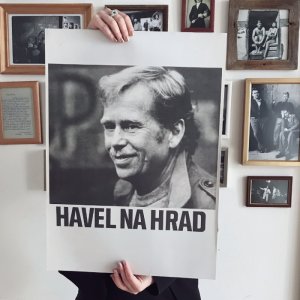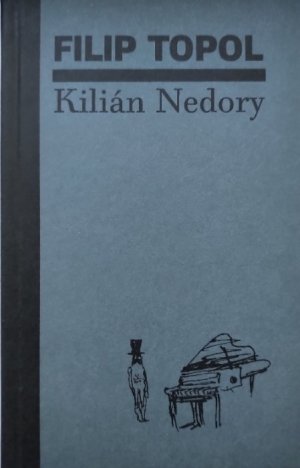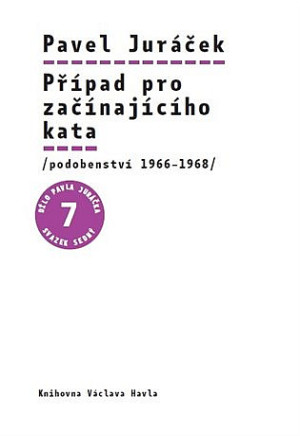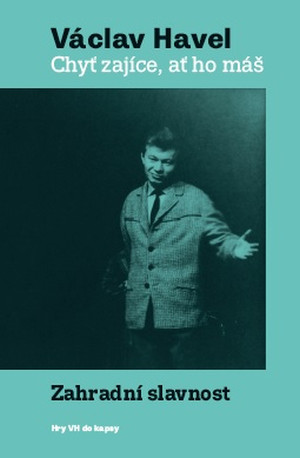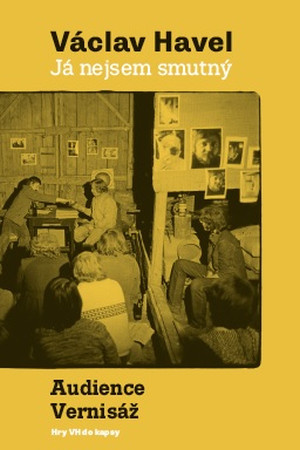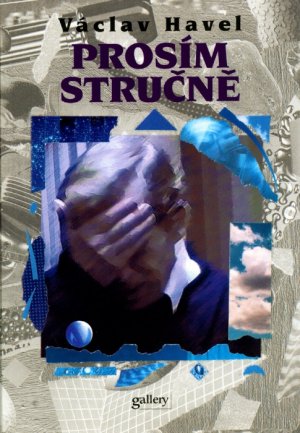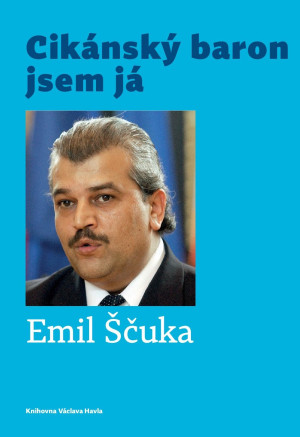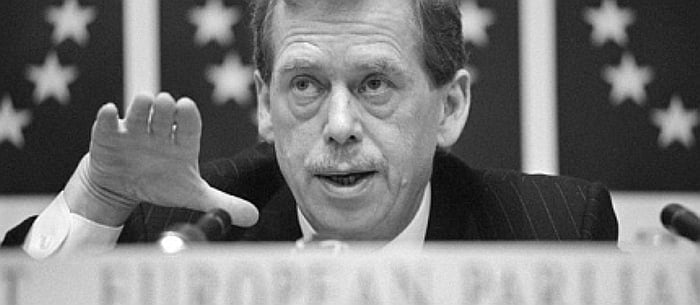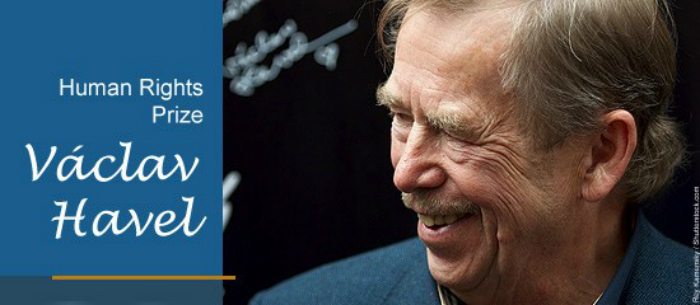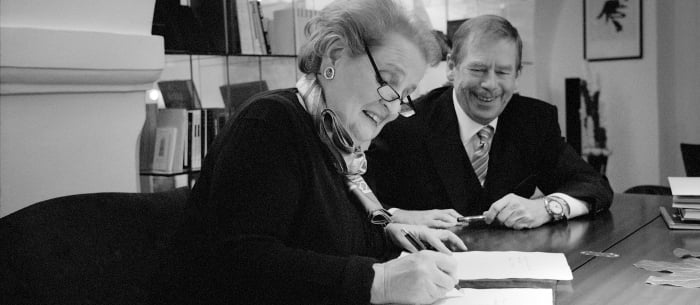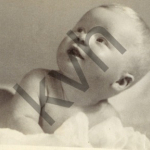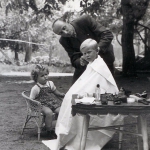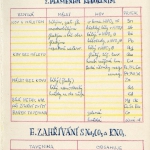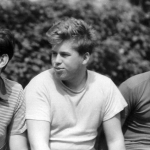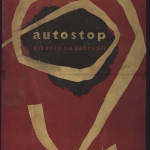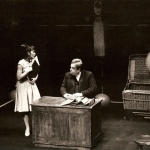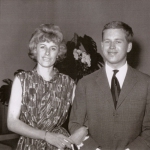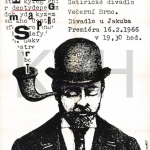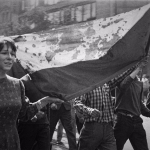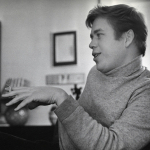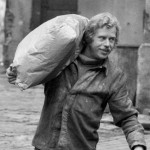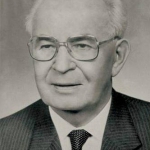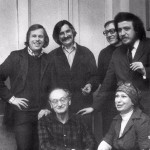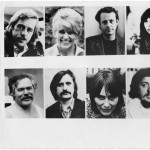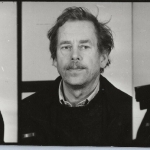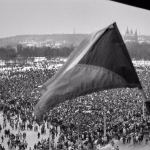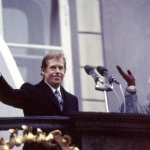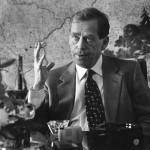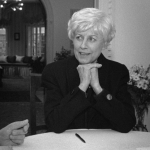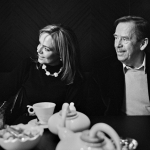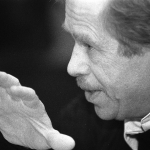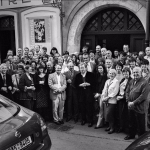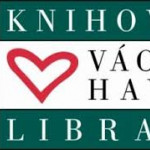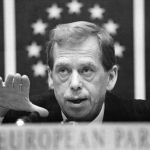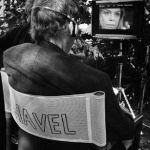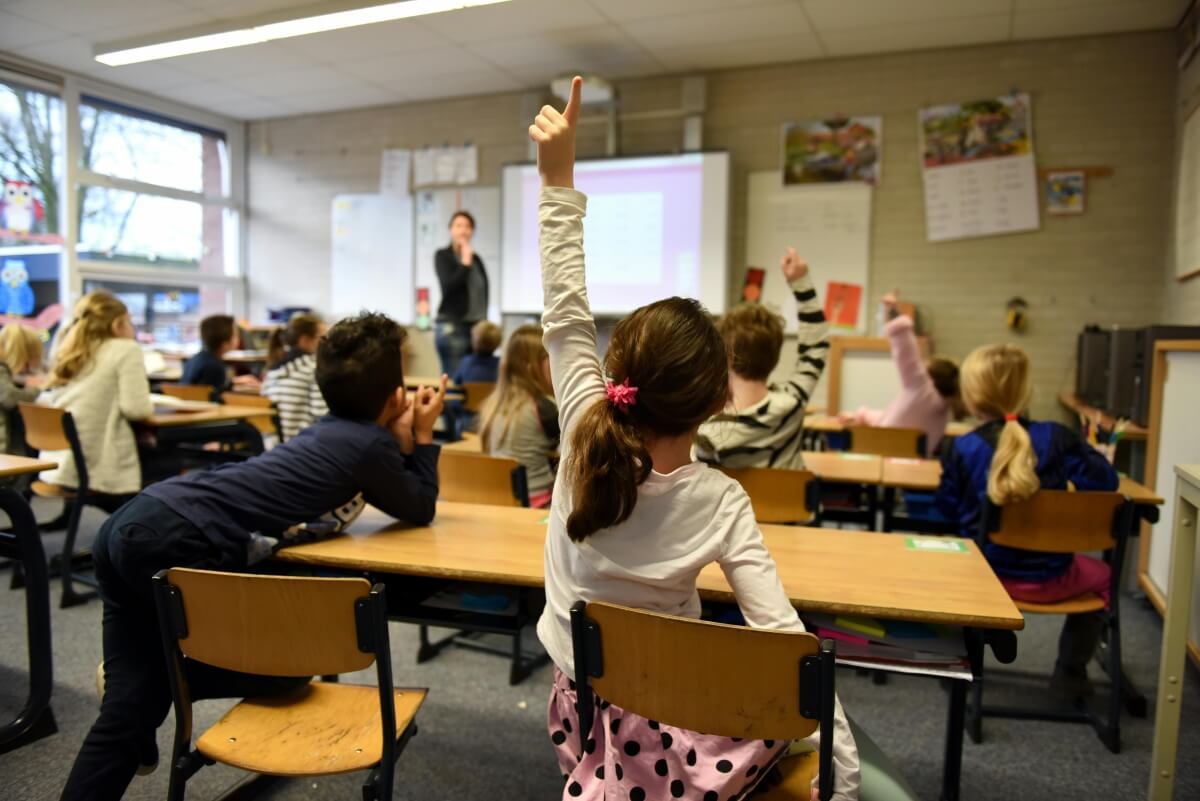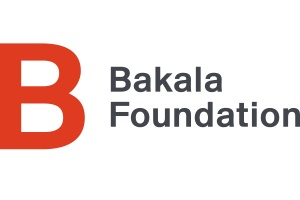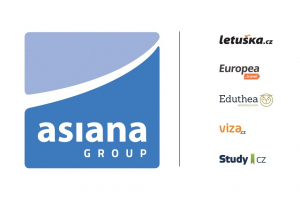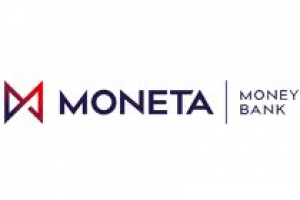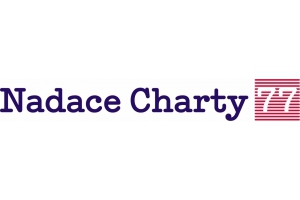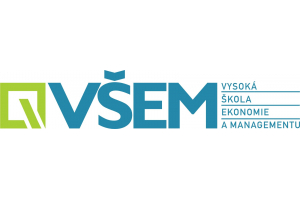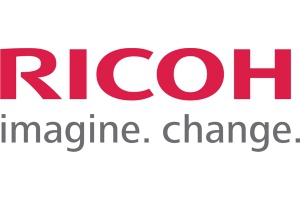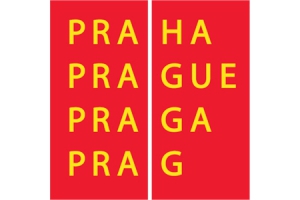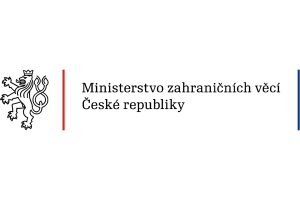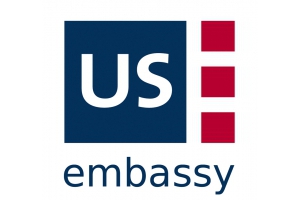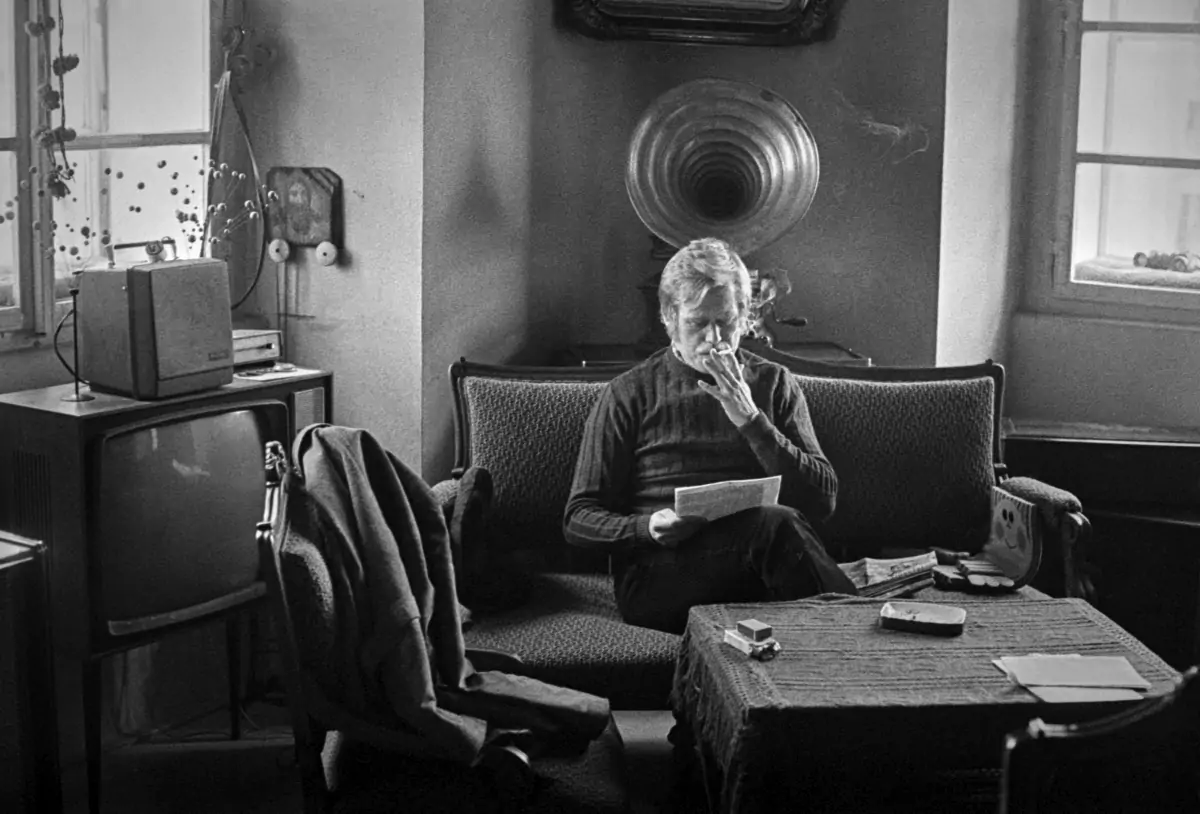
Club / News / Program
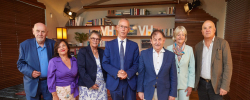
Three candidates shortlisted for the 2023 Václav Havel Prize 05/09/23
The selection panel of the Václav Havel Human Rights Prize, which rewards outstanding civil society action in defence of human rights in Europe and beyond, has today announced the shortlist for the 2023 Award. Meeting in Prague today, the panel – made up of independent figures from the world of human rights and chaired by the President of the Parliamentary Assembly of the Council of Europe (PACE) Tiny Kox – decided to shortlist the following three nominees, in alphabetical order: More
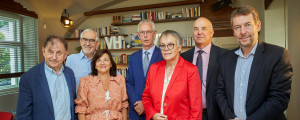
Three candidates shortlisted for the 2022 Václav Havel Human Rights Prize 06/09/22
The discussion among the seven-member jury helmed by the president of the Parliamentary Assembly of the Council of Europe centred on the importance of the issue of human rights during this tense period. The finalists include Vladimir Kara-Murza, a political prisoner and leading Russian democracy campaigner; Ukraine’s 5 AM Coalition, which gathers evidence of human rights abuses stemming from Russia’s invasion of the country; and Hungary’s Rainbow Coalition defending LGBTQIA+ rights. “This year’s selection reflects the central role that human rights play in the current European crisis,” says Michael Žantovský, jury member and executive director of the Václav Havel Library, which bestows the prize in cooperation with the Parliamentary Assembly of the Council of Europe and Nadace Charty 77.
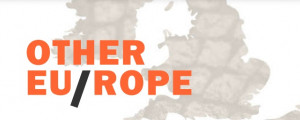
The Other Europe 27/04/22
Dear Friends, After three years we have completed the international project The Other Europe, during which, in cooperation with partner institutions, we have processed and made public recordings of interviews shot in 1987 and 1988 behind the Iron Curtain, and in exile, with important representatives of the opposition and the arts, as well as random citizens. Over those three years we have prepared video, audio and text of 106 interviews in speakers’ native languages and English translation. Despite public health restrictions in the Covid period, we have jointly prepared 16 international conferences and public presentations in six Central and Eastern European states. More
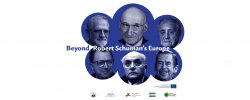
From Schuman to Havel – what next? 16/02/22
The Václav Havel Library is a proud partner of the project Beyond Robert Schuman’s Europe More
Program for March 2020<>
entry-free
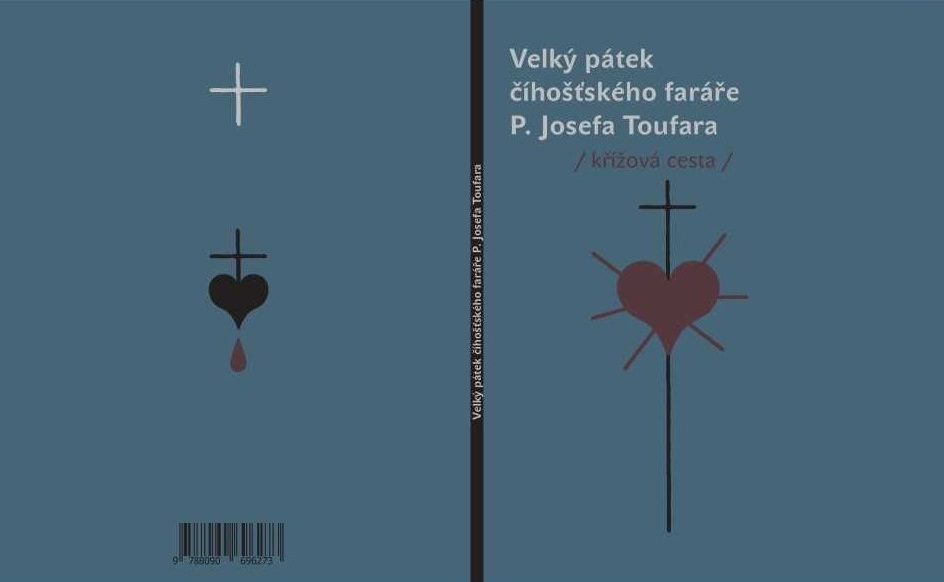
What Happened to You, Číhošť?
- Where: Václav Havel Library, Ostrovní 13, Prague 110 00
- When: March 2, 2020, 19:00 – 21:00
Seventy years later, the violent death of Jan Toufar (on 25 February 1950), who was a priest in the village of Číhošť, raises many disturbing questions, inspires artists and spurs journeys into the past and to fateful places. Presentation of Miloš Doležal books Když není motorka, lépe chodit pěšky (If There’s No Motorbike, It’s Better to Go On Foot) and Velký pátek P. Josefa Toufara (Fr. Josef Toufar’s Good Friday) with a debate and readings from literary treatments of the Číhošť case from the 1950s to the present.
Taking part in the discussion will be historian Tomáš Petráček, postulator of Toufar’s beatification process, and the literary historian and editor Jan Wiendl.
Actors Jana Franková and David Novotný will appear.
Miloš Doležal will host the evening.
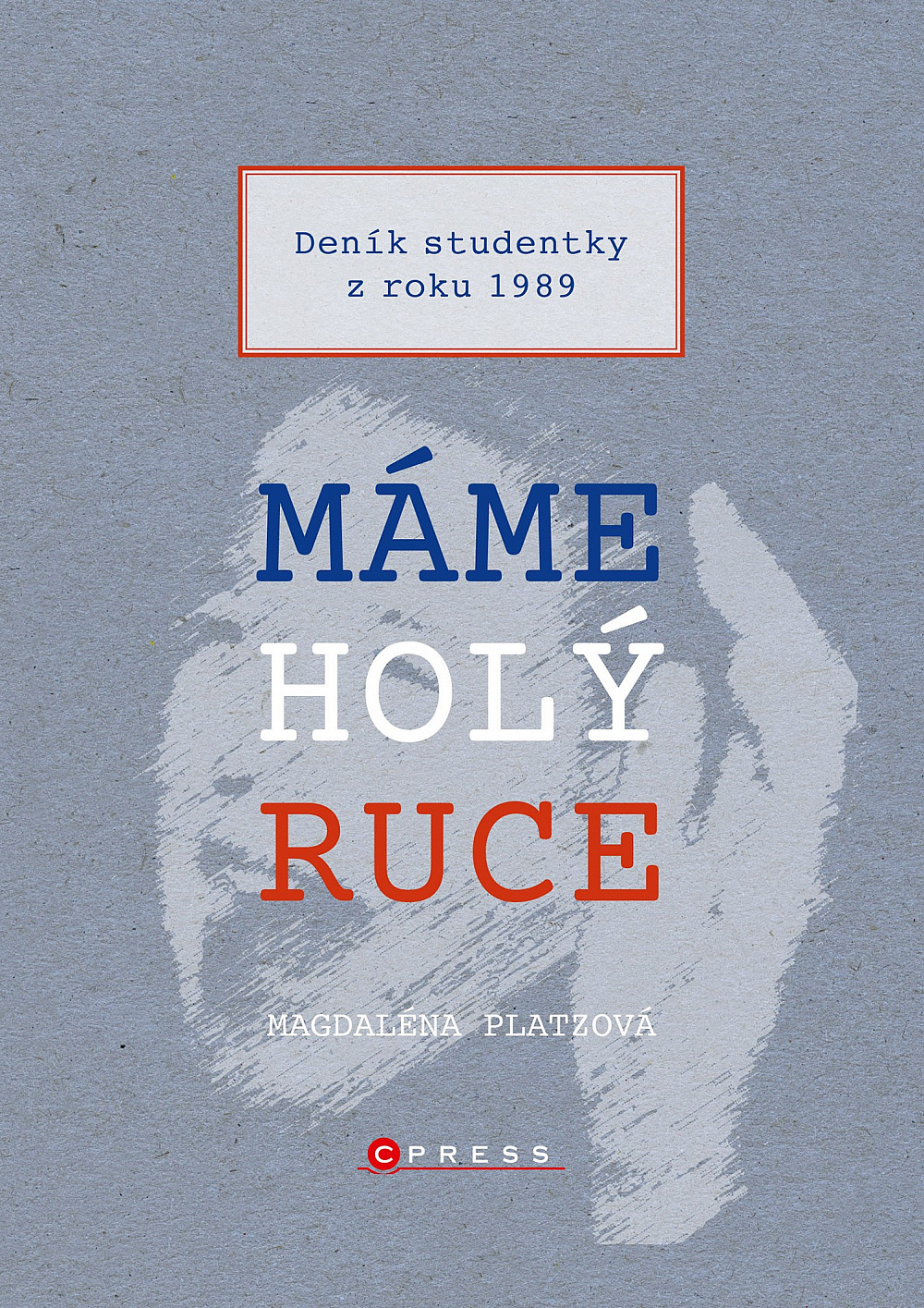
We Are Unarmed… And Also Today?
- Where: Václav Havel Library, Ostrovní 13, Prague 110 00
- When: March 3, 2020, 19:00 – 21:00
Writer Magdaléna Platzová will introduce her book Máme holý ruce (We Are Unarmed), about the events of 1989, and helm a debate on the theme “History doesn’t repeat itself”.
What are we fighting for in 2020, and how effective are our strategies? What can we learn from history? And is it even possible to pass on a historical experience?
These issues and other topical questions will be discussed by socially engaged guests: Apolena Rychlíková, a documentary maker and editor at the A2larm website, Anna Huliciusová, secondary school teacher and head of the Global Risks seminar, Martin Fischer, Universities for Climate activist and writer and journalist Petr Placák, editor-in-chief of the Babylon review.
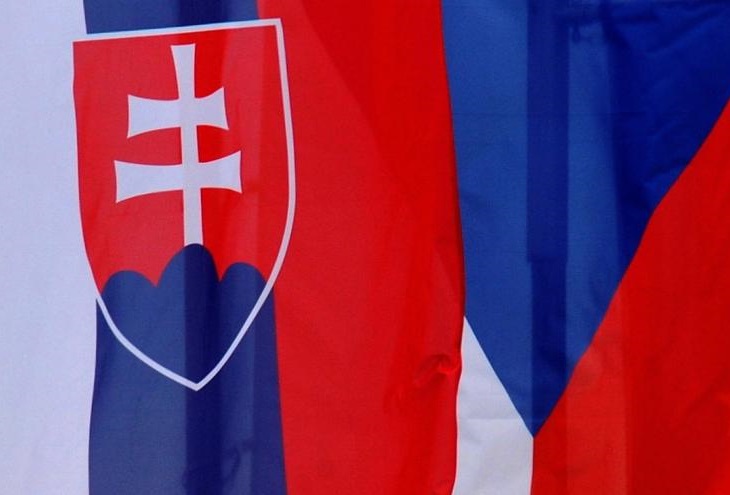
Slovakia and Czechia at a Crossroads?
- Where: Václav Havel Library, Ostrovní 13, Prague 110 00
- When: March 5, 2020, 19:00 – 21:00
Until the final moment, it was unclear how elections in Slovakia would go. Will the rise of the extreme right continue, or can a government be formed from democratic opposition parties? Meanwhile in the Czech Republic it seems that neither scandals nor opposition parties can undermine the position of PM Andrej Babiš. What have the latest elections told us about Slovak society? What shape is Czech and Slovak democracy in 30 years after the attainment of freedom? And what role should journalists play in this area?
Debate participants: writer and journalist Martin M. Šimečka, SME daily journalist Zuzana Kovačič Hanzelová and Deník N journalists Kirill Ščeblykin and Filip Zajíček.
Lenka Kabrhelová will moderate.
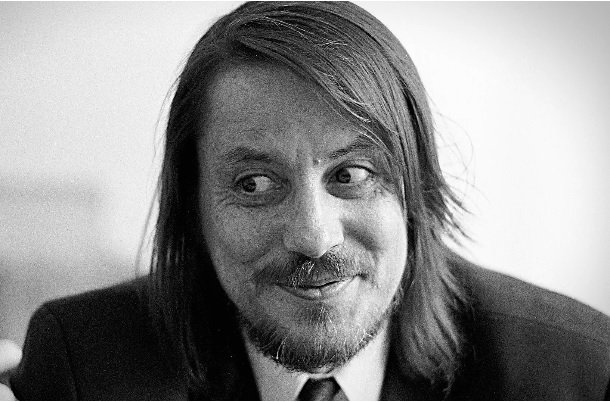
Ján Langoš, Guardian of Memory
- Where: Václav Havel Library, Ostrovní 13, Prague 110 00
- When: March 6, 2020, 19:00 – 21:00
The life story of dissident and politician Ján Langoš, co-founder of the Public Against Violence movement, federal interior minister from 1990 to 1992 and founder of Slovakia’s National Memory Institute. Drawing on photographs and archival footage, the documentary Strážce paměti Ján Langoš (Guardian of Memory Ján Langoš) (directed by Břetislav Rychlík, original idea and screenplay by Alexander Balogh and Břetislav Rychlík) follows his widow Gaby as she visits a number of important places in his life and also features recollections from his childhood friends, two daughters, brother, colleagues and friends. The film doesn’t set out to map Ján Langoš’s life. Rather it attempts, in poetic cinematic language, to sketch the journey of an engaged person who tackled evil (and not just communism) head-on, a person governed by the belief that we must find the courage to be responsible for our own fates.
Guests: Alexander Balogh, Břetislav Rychlík and Gaba Langošová.
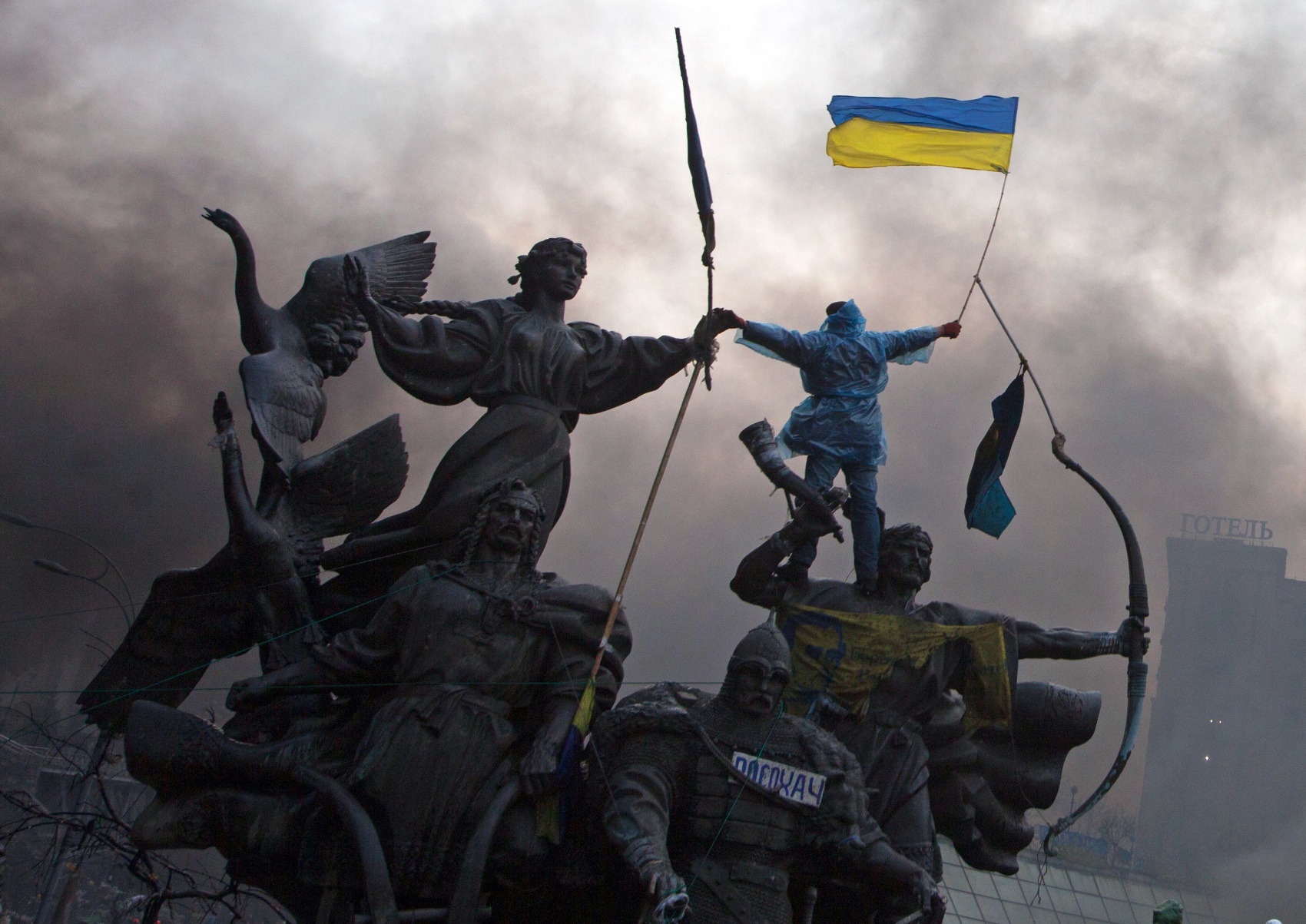
The Kiev Maidan in the Eyes of Czech Journalists
- Where: Václav Havel Library, Ostrovní 13, Prague 110 00
- When: March 9, 2020, 19:00 – 21:00
Ukraine’s bloody revolution of dignity took place six years ago. How much have the country and the then revolutionaries changed? What remains of revolutionary ideals? How does experience of revolution and persistent state of war bring together, or divide, a country? What to do with aggressive Russia? And how do the Czech public actually perceive Ukrainian events? Do we have anything in common? These questions will be discussed by elite Czech journalists who not only were “there” six years ago but follow Ukrainian events to this day.
Guests: David Stulík, Jefim Fištejn, Josef Pazderka, Jakub Szántó and Petra Procházková.
Petr Vizina will chair the discussion.

Magnesia Litera I
- Where: Václav Havel Library, Ostrovní 13, Prague 110 00
- When: March 11, 2020, 19:00 – 21:00
Readings by authors nominated in some of the seven categories in the annual Magnesia Litera book awards. Presented by Pavel Mandys of organisers Litera.

Robert Soto and Eagle Feathers
- Where: Václav Havel Library, Ostrovní 13, Prague 110 00
- When: March 13, 2020, 19:00 – 21:00
On the human and religious rights of America’s original inhabitants
Robert Soto is a chief and pastor of the Lipan Apache Tribe of Texas. Among political representatives of contemporary Native American groups and tribes he has a reputation for the determination with which he fights for the rights of, and recognition for, his people and for the tenacity with which he enters legal disputes with, among others, US political representatives.
He will speak in particular about victorious cases involving religious rights, specifically possession of eagles by an “unregistered Indian” (however absurd this sounds from our Central European perspective), which has become a closely observed precedent case for the Native American community.
Robert Soto is, however, also a traditionalist in the Native American sense of the word, speaking the language of his ancestors and playing the flute and drums. This meeting with him will also serve as a testimony to the original culture that has survived.
The evening will be hosted by Petr Majer and Karolina Majerová, who are experts on Native American culture and friends of Soto.
Interpretation into Czech provided.
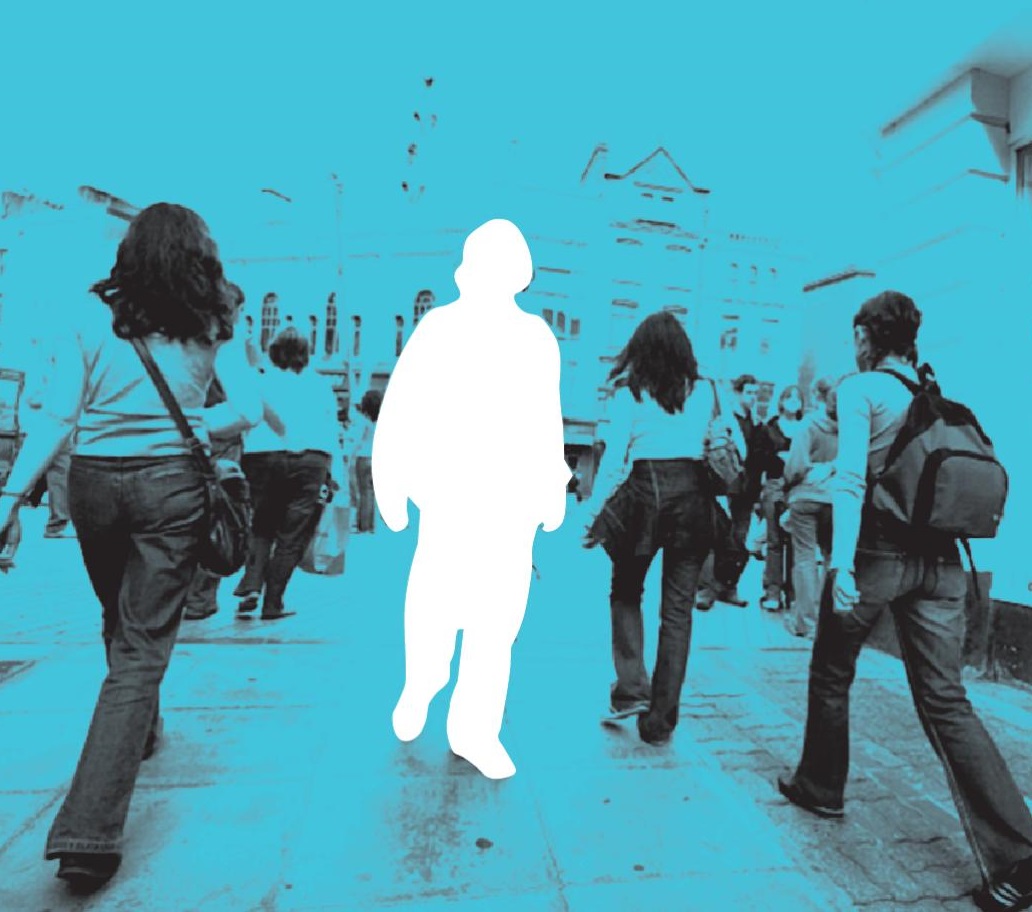
Where is Our Home?
- Where: Václav Havel Library, Ostrovní 13, Prague 110 00
- When: March 16, 2020, 19:00 – 21:00
How “Our Foreigners” View the Czech Republic
Many foreigners from all corners of the globe have settled in the Czech Republic in the last 30 years. A great proportion of them are “EU” and “non-EU” Europeans, or Americans.
For some today’s Czech Republic has become their permanent home. How do they find living here? In what ways do Czechs inspire or provoke them, and vice versa? How do they view the current Czech/European situation from the social, cultural and political perspectives?
Confirmed guests include the art historian and journalist Oksana Pelenska (Ukraine), political analyst and journalist Jolyon Naegele (USA), civil society expert Maryna Puzdrova (Belarus), Government Council for National Minorities member Uyen Huu Pham (Vietnam) and political scientist and journalist Maciej Ruczaj (Poland).
Historian and philosopher Petr Hlaváček will moderate.

Giving a Voice to the Downtrodden
- Where: Václav Havel Library, Ostrovní 13, Prague 110 00
- When: March 17, 2020, 19:00 – 21:00
There are many places and groups around the world who deserve the attention of human rights advocates. However, we would like to speak chiefly about the situation of minorities within Czech society. The focus will be on relations between majority society and minorities (including Roma, Muslims, single parents, the homeless the LGBT community), the challenges facing our society and combating prejudices and the problems that stem from those relations.
Guests: journalist Nora Fridrichová, pastor Mikuláš Vymětal, LGBT activist David Tišer, Lucia Argüellová of People in Need and Charter 77 signatory and ombudswoman Anna Šabatová.
Chaired by Lucie Vopálenská.
Organised by the Václav Havel Library in cooperation with the Evangelical Church of Czech Brethren. The evening is part of the traditional White Umbrellas March held in honour of the Ladies in White movement, a Cuban opposition grouping comprising wives, mothers, sisters and daughters of political prisoners.

Magnesia Litera II
- Where: Václav Havel Library, Ostrovní 13, Prague 110 00
- When: March 18, 2020, 19:00 – 21:00
Readings by authors nominated in some of the seven categories in the annual Magnesia Litera book awards. Presented by Pavel Mandys of organisers Litera.
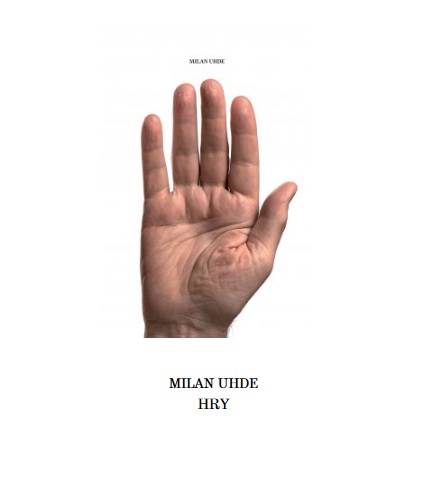
Milan Uhde: Plays
- Where: Václav Havel Library, Ostrovní 13, Prague 110 00
- When: March 19, 2020, 19:00 – 21:00
The Brno publishing house Větrné mlýny has brought out a collection of the dramatic works of Milan Uhde, written between 1964 and 2019, spanning over 1,000 pages. The book’s first introduction is taking place at the Václav Havel Library in the presence of the author and his guests.
Petr Vizina will serve as host for the evening, which will also include glasses of wine.
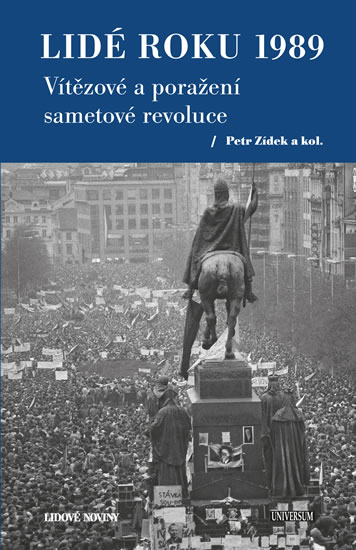
People of 1989
- Where: Václav Havel Library, Ostrovní 13, Prague 110 00
- When: March 23, 2020, 19:00 – 21:00
The book Lidé roku 1989 (People of 1989) (Universum, 2019) presents the life stories of over 30 actors in the Velvet Revolution. Portraits of major figures in Czech and Slovak history, such as Václav Havel, Cardinal František Tomášek, Gustáv Husák, Jiří Dienstbier and Alexandr Dubček, are complemented by profiles of student leaders, senior figures in the Communist regime and its security forces and artists, as well as individuals who departed from public life soon after the events of 1989.
Our guests will discuss the women of the Velvet Revolution, the clash of perspectives in the relationship between historians and eye-witnesses and the pitfalls of presenting historical work in the media. Confirmed participants are historian and journalist Petr Zídek and historian Jan Adamec, the book’s authors, and the writer, lyricist, poet and producer and Michal Horáček.
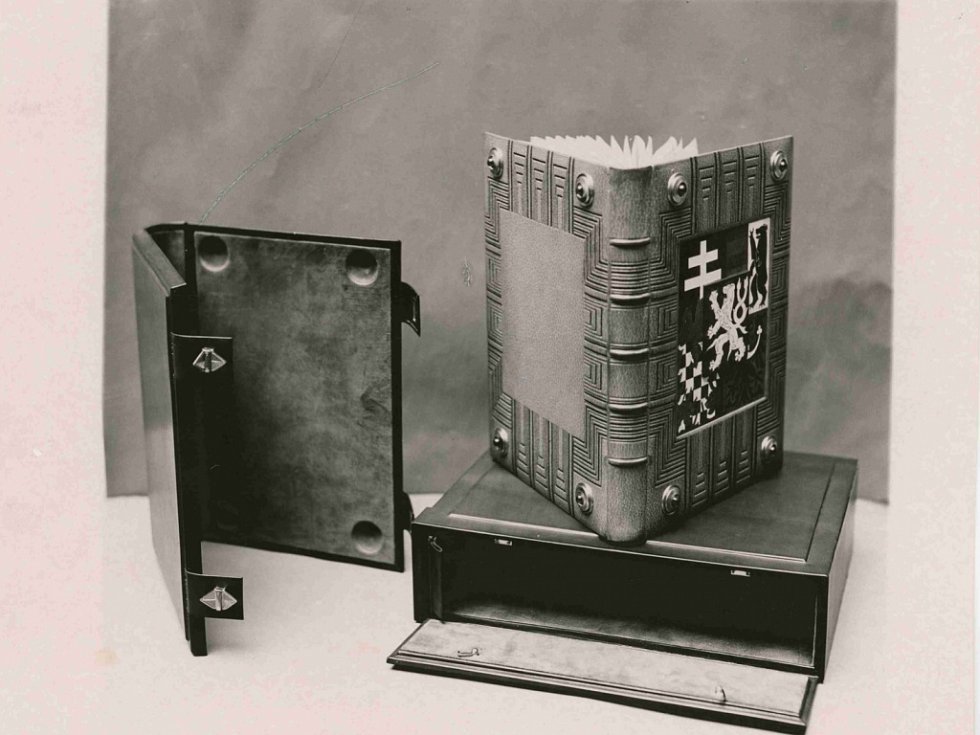
A Century of the Constitution
- Where: Václav Havel Library, Ostrovní 13, Prague 110 00
- When: March 24, 2020, 19:00 – 21:00
This year we mark a major anniversary for the founding document of modern Czech history. On 29 February 1920, the Czechoslovak National Assembly passed the first full constitution, a fundamental compact between free citizens concerning the functioning of democracy in our country. This constitution codified the basic legal framework of Czech statehood for over a quarter century. Or for even longer? Are its provisions still topical? What key principles were carried over to later Czechoslovak constitutions, and how did it inspire the current one?
These questions and more will be discussed by law historian and dean of Charles University’s Faculty of Law Jan Kuklík, constitutional lawyer Jan Wintr and the director of the Václav Havel Library, Michael Žantovský.
Historian Petr Blažek will moderate.
The debate is held in cooperation between the Václav Havel Library and the newly established Museum of the 20th Century (www.muzeum20stoleti.cz).

Magnesia Litera III
- Where: Václav Havel Library, Ostrovní 13, Prague 110 00
- When: March 25, 2020, 19:00 – 21:00
Readings by authors nominated in some of the seven categories in the annual Magnesia Litera book awards. Presented by Pavel Mandys of organisers Litera.

Lost in Translation VI
- Where: Václav Havel Library, Ostrovní 13, Prague 110 00
- When: March 26, 2020, 19:00 – 21:00
The latest translators’ evening at the Václav Havel Library could be named “What does a new translation deliver?” The theme of the discussion will be repeat translations and the publication of previously translated of classic literature (and not just such works) in these new translations. Should this even be done? And if so, why and under what conditions? A poor or out of date existing translation, new findings in literary history or literary science and an attempt at a new grasp of poetics are all possible reasons. But are there others? The discussion will bring together leading translators who possess experience of such work, have critical spirits that allow them to weigh up reasons for and against and, above all, can reflect on the reasons why they have done so themselves at some time.
Guests: Jana Zoubková, translator from German; Dana Melanová, translator from French; Libor Dvořák, translator from Russian; Vratislav J. Slezák, translator from German; Šimon Pellar, translator from English; Radovan Charvát, translator from German.
Debatu moderuje Václav Jamek, translator from French.
Organised by the Václav Havel Library in cooperation with the Czech Literary Translators’ Guild.
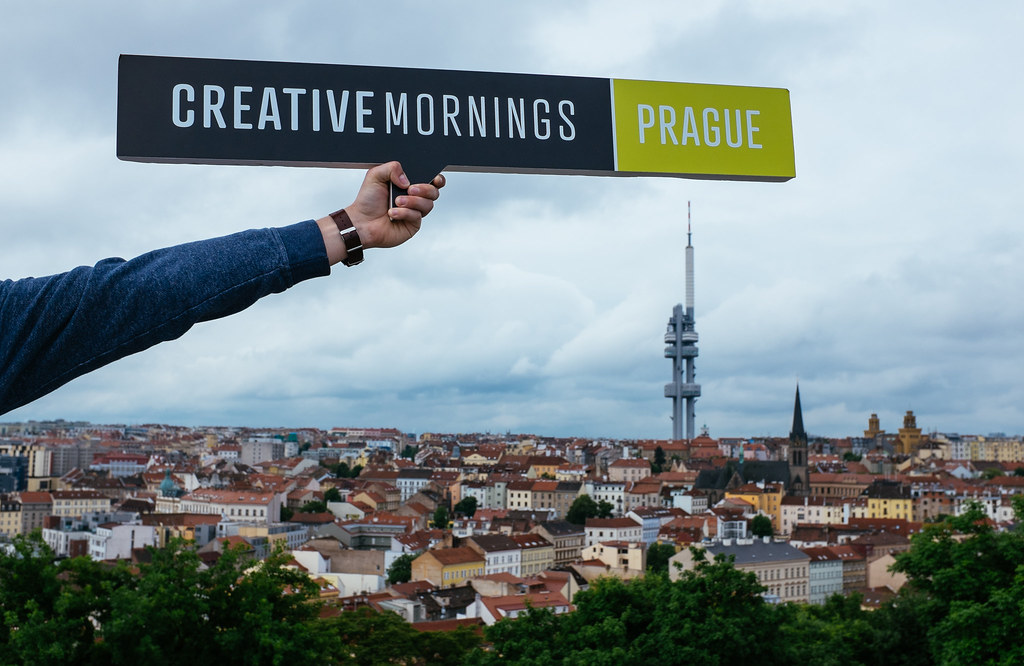
Creative Mornings at the Václav Havel Library: Identity
- Where: Václav Havel Library, Ostrovní 13, Prague 110 00
- When: March 27, 2020, 09:00 – 10:00
The Creative Mornings project takes place at many cities throughout the world and offers open encounters with noteworthy figures. Its aim is to inspire, connect people from different fields and to make interesting views and opinions from all kinds of areas accessible. The last Friday of every month brings inspiring orators, breakfast in the company of creative people and a visit to a notable venue in Prague. The theme of the March meeting is IDENTITY, from the perspectives of genetics and anthropology, and the guest will be forensic geneticist Halina Šimková.
Halina Šimková lectures in forensic genetics at Charles University’s Faculty of Science, the University of Chemistry and Technology and Pardubice University but is just as happy introducing her field to non-specialists. She is a graduate of anthropology and human genetics at the Faculty of Science and also study pharmacy at Charles University as well as animation at FAMU. She has performed in theatre and graduated in the set design branch toys, masks and puppets. She worked at the DNA analysis branch of Prague’s Institute of Crime Studies. In 2005 she served with an Interpol unit in Thailand identifying tsunami victims. She co-founded the Czechoslovak Society for Forensic Genetics, of which she has been deputy chairwoman since 2008.
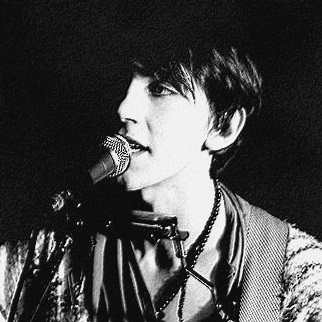
Concert: Člověk krve
- Where: Václav Havel Library, Ostrovní 13, Prague 110 00
- When: March 31, 2020, 19:00 – 21:00
The Stříbrná Skalice-born (1993) musician and composer Jan Senft has been performing under the pseudonym Člověk Krve for six years but has only brought out his first album, V kuchyni (Divnosti, 2020), this year. He proudly identifies with the tradition of Czech tramping and folk song-writing and discovers the forgotten stories of his region and brings them to life. However, he does not just describe the external landscape but also the spiritual and psychic ones. These are songs of forests, hills, trains, castle ruins and post-apocalyptic boarding houses.
Hana Slívová will moderate.
Havel Channel
Havel Channel je audiovizuální projekt Knihovny Václava Havla, jehož cílem je šířit myšlenkový, literární a politický odkaz Václava Havla, bez ohledu na vzdálenost, zeměpisné hranice či nouzové stavy. Jeho páteř tvoří debaty, vzdělávací projekty a rozhovory. Velký prostor je věnován též konferencím, autorským čtením, záznamům divadelních inscenací a koncertům. Audiovizuální projekt Knihovny Václava Havla Havel Channel se uskutečňuje díky laskavé podpoře Karel Komárek Family Foundation.
Publications / E-shop
The central focus of the Library’s publishing programme is the life and work of Václav Havel, his family and close collaborators and friends. For clarity, the programme is divided into six series: Václav Havel Library Notebooks, Václav Havel Library Editions, Student Line, Talks from Lány, Václav Havel Documents, Works of Pavel Juráček and Václav Havel Library Conferences. Titles that cannot be incorporated into any of the given series but which are nonetheless important for the Library’s publishing activities are issued independently, outside the series framework.
Diary IV. 1974–1989
399,- CZK
Foolish Writing
299,- CZK
Havel to the Castle
149,- CZK
Kilián Nedory
199,- CZK
Case for a Novice Headsman
199,- CZK
I am not sad. Audience & Vernissage
129,- CZK
To the Castle and Back
249,- CZK
I am the Gypsy Baron
299,- CZK
Conferences & prizes
Václav Havel European Dialogues
The Václav Havel European Dialogues is an international project that aims to initiate and stimulate a discussion about issues determining the direction of contemporary Europe while referring to the European spiritual legacy of Václav Havel. This idea takes its main inspiration from Václav Havel’s essay “Power of the Powerless”. More than other similarly focused projects, the Václav Havel European Dialogues aims to offer the “powerless” a platform to express themselves and in so doing to boost their position within Europe.
The Václav Havel European Dialogues is planned as a long-term project and involves cooperation with other organisations in various European cities. Individual meetings, which take the form of a conference, are targeted primarily at secondary and third-level students, as well as specialists and members of the public interested in European issues.
Prague 2022Olomouc Prague 2023PragueMnichov 2020Brussels 2020Prague 2019Brussels 2019Prague 2018Brussels 2018Europe at the Crossroads (e-book)Prague 2017Brussels 2017Prague 2016Brussels 2016Prague 2015Brussels 2015Brussels 2014Berlin 2014Prague 2014 - J. GauckBruges 2014Prague 2014
Václav Havel Human Rights Prize
The Václav Havel Human Rights Prize is awarded each year by the Parliamentary Assembly of the Council of Europe (PACE) in partnership with the Václav Havel Library and the Charta 77 Foundation to reward outstanding civil society action in the defence of human rights in Europe and beyond.
11th Year of the Prize (2023)10th Year of the Prize (2022)9th Year of the Prize (2021)8th Year of the Prize (2020)7th Year of the Prize (2019)6th Year of the Prize (2018)5th Year of the Prize (2017)4th Year of the Prize (2016)3rd Year of the Prize (2015)2nd Year of the Prize (2014)1st Year of the Prize (2013)History of the prize
Havel - Albright Transatlantic Dialogues
Since the first Václav Havel Transatlantic Dialogues at GLOBSEC and FORUM 2000 conferences last year, we have lost another stalwart advocate of the transatlantic bond and of the need to face threats to democracy and international order together on both sides of the Atlantic, the former US Secretary of State Madeleine Albright. In view of the close bond between Václav Havel and Madeleine Albright and, after Havel's death, between the Secretary and the Library, the Václav Havel Library, with the approval of Madeleine Albright's family, renamed and rebranded the program as The Havel-Albright Transatlantic Dialogues (HATD), after the two major figures with roots in Central Europe who have personified the bond. Together, Václav Havel and Madeleine Albright symbolize the transatlantic relationship and the fundamental values underpinning it perhaps better than any other two people in recent history. The upcoming Dialogues “The Indispensable Woman: The Legacy of Madeleine K. Albright”, at the FORUM 2000 conference on September 1, and at the “Havel and our Crisis” conference at Colby College, ME, on September 28, will thus become venues for a well-deserved tribute to the pair we all respected and admired.
Transatlantic Dialogues 2021Transatlantic Dialogues 2022HATD 2022 Prague
Václav Havel
Václav Havel
* 5. 10. 1936 Praha
† 18. 12. 2011 Hrádeček u Trutnova
- spisovatel a dramatik, publicista a filozof
- jeden z trojice prvních mluvčích Charty 77
- vůdčí autorita československé společenské změny v listopadu 1989
- poslední prezident Československa a
- první prezident České republiky
- celoživotní zastánce lidských práv a svobod doma i ve světě.
Educational projects
Archive / Documentation centre / Research projects
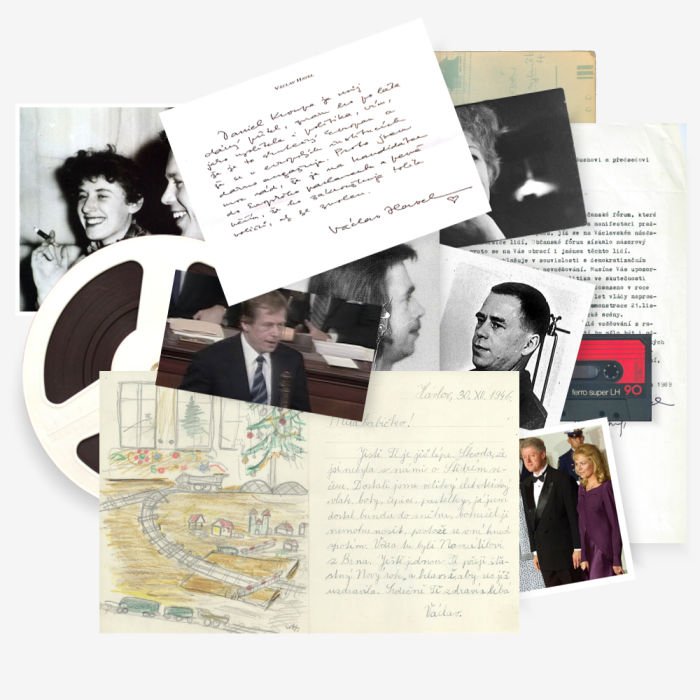
The Václav Havel Library is gradually gathering, digitizing, and making accessible written materials, photographs, sound recordings and other materials linked to the person of Václav Havel.
- 70807 records in total
- 27736 of events in the VH's life
- 2831 of VH's texts
- 2125 of photos
- 403of videos
- 568of audios
- 6604of letters
- 15101of texts about VH
- 8260 of books
- 40591of bibliography records
Access to the database of the VHL’s archives is free and possible after registering as a user. Accessing archival materials that exist in an unreadable form is only possible at the reading room of the Václav Havel Library, Ostrovní 13, 110 00 Prague 1, every Tuesday (except state holidays) from 9:00 to 17:00, or by prior appointment.
We will be glad to answer your queries at archiv@vaclavhavel-library.org.
Sign in (registered users only)
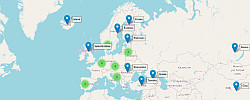
Havel in a nutshell
The virtual exhibition Václav Havel in a Nutshell places the life story of Václav Havel in the broader cultural and historic context in four chronologically distinct chapters with rich visual accompaniment. The exhibition is supplemented by the interactive map Flying the World with Václav Havel, which captures in physical form Havel’s global “footprint”.
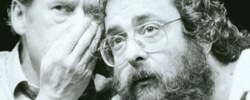
Vladimir Hanzel's revolution
Collage of recollections, images and sound recordings from Vladimír Hanzel, President Václav Havel’s personal secretary, bringing the feverish atmosphere of the Velvet Revolution to life.
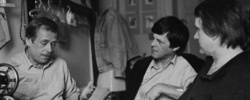
Václav Havel Interviews
A database of all accessible interviews given to print media outlets by the dramatist, writer and political activist Václav Havel between the 1960s and 1989. The resulting collection documents the extraordinary life story of an individual, as well as capturing a specific picture of modern Czechoslovak history at a time when being a free-thinker was more likely to lead to jail than an official public post.

Pavel Juráček Archive
The Pavel Juráček Archive arose in February 2014 when his son Marek Juráček handed over six banana boxes and a typewriter case from his father’s estate to the Václav Havel Library. Thousands of pages of manuscripts, typescripts, photographs, documents and personal and official correspondence are gradually being classified and digitalised. The result of this work should be not only to map the life and work of one of the key figures of the New Wave of Czechoslovak film in the 1960s, but also to make his literary works accessible in the book series The Works of Pavel Juráček.
The aim of the Václav Havel Library is to ensure that Pavel Juráček finds a place in the broader cultural consciousness and to notionally build on the deep friendship he shared with Václav Havel. Soon after Juráček’s death in 1989 Havel said of him: “Pavel was a friend of mine whom I liked very much. He was one of the most sensitive and gentle people I have known – that’s why I cannot write more about him.”
All about Library
The Václav Havel Library works to preserve the legacy of Václav Havel, literary, theatrical and also political, in particular his struggle for freedom, democracy and the defence of human rights. It supports research and education on the life, values and times of Václav Havel as well as the enduring significance of his ideas for both the present and future.
The Václav Havel Library also strives to develop civil society and active civic life, serving as a platform for discussion on issues related to the support and defence of liberty and democracy, both in the Czech Republic and internationally.
The main aims of the Václav Havel Library include
- Organizing archival, archival-research, documentary, museum and library activities focused on the work of Vaclav Havel and documents or objects related to his activities, and carries out professional analysis of their influence on the life and self-reflection of society
- Serving, in a suitable manner, such as through exhibitions, the purpose of education and popularisation functions, thus presenting to the public the historical significance of the fight for human rights and freedoms in the totalitarian period and the formation of civil society during the establishment of democracy
- Organizing scientific research and publication activities in its areas of interest
Podpořte nás
We are well aware that freedom and democracy must be nurtured. Here at Ostrovní 13, but also on the audiovisual platform Havel Channel, we strive to do so through our own educational programmes, talks, discussion meetings, books, exhibitions, concerts, theatre performances. We honour Václav Havel's legacy and wish that the Library be a living organism and open to all. That is why our programme is free of charge for everyone. This would not be possible without regular financial support from our supporters. Become one of them...
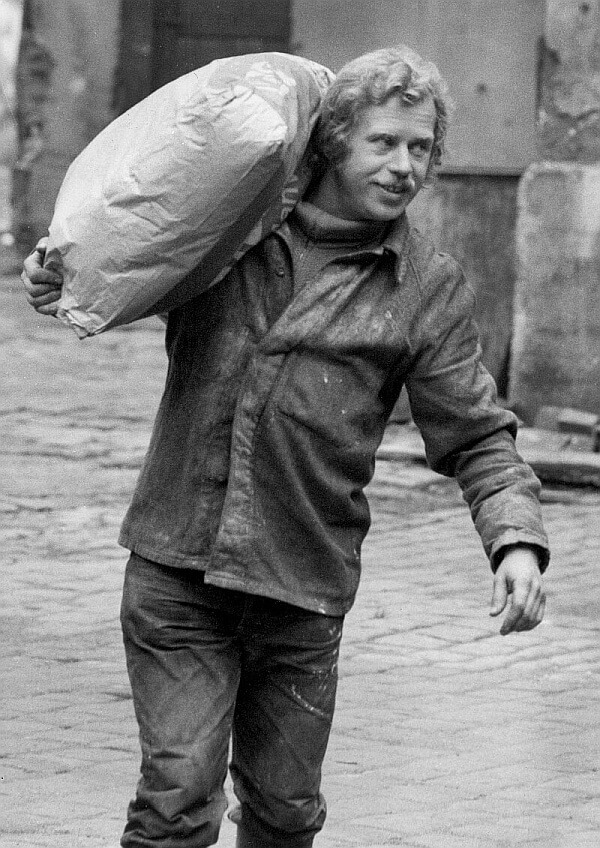
Support us with a financial donation
Does our work make sense to you and do you want to support the activities of the Vaclav Havel Library?
You can easily make a one-time payment by scanning the QR code.
Would you like to contribute regularly? Then we invite you to become a member of the Friends of the Vaclav Havel Library Club. What are the benefits of membership? Find out more.
Help us expand the archive
The Vaclav Havel Library manages an archive of writings, documents, photographs, video recordings and other materials related to the life and work of Vaclav Havel. This archive is predominantly in digital form. If you or someone close to you owns any original texts, correspondence, photographs, speeches or any other work by Vaclav Havel, we would be grateful if you could contact us.
You can donate in other ways too
Supporting a specific charitable or public benefit organization whose activities you appreciate or have been supporting for a long time is also possible through a will. This form of donation is quite common abroad, but in the Czech Republic this tradition is only just taking root.
Share information about us
The Vaclav Havel Library is open to media and promotional cooperation, mutual sharing of links, publishing our banners or information about our events.
For more information, please contact us.
Donations have their rules
At the Vaclav Havel Library, we uphold a transparent, responsible and ethical way of dealing with all those who contribute to fulfilling our purpose and implementing our strategy. Our code of ethics summarizes the basic rules of donations.
Get involved in volunteering
Would you like to get involved as a volunteer? That's great. We welcome anyone who wants to help our work.








